A Fundraiser for Gaza Hopes to Wake Up the Coffee Industry
For 18 months, the coffee industry has remained mostly silent about the ongoing destruction of Gaza. A new fundraiser hopes to raise money—and jolt the industry awake.

Hello and welcome to another edition of the Coffee News Roundup, this week brought to you by springtime allergies.
That’s right, over the last week Southeast Michigan has exploded into bloom, bringing with it the colors and aromas of spring. And the pollen. Just so much pollen.
Anyway, let’s talk about coffee and distract ourselves from the airborne menace.
This story feels like it was written specifically for me. In fact, I’m annoyed I didn’t come up with the idea myself, especially as the two people involved aren’t even scientists or engineers, they’re just coffee people.
Palm oil is a pretty terrible substance, what with the environmental degradation, deforestation, and all those poor orangutans. But it’s also cheap, and plentiful, and it’s in everything. I’ve been trying to avoid it for years and it’s hard. Seriously, eschewing palm oil means depriving oneself of the majority of tasty things.
So, two Scottish blokes decided to see if the oils in used coffee grounds—40,000 tonnes is produced every year in Scotland alone—could be extracted and turned into a palm oil-replacement.
Can they? Well.
“We're developing a process to extract and purify these oils," says Revive Eco founder Fergus Moore.
Whether or not it pans out, it’s a good idea. One I should have come up with.
Holy moly that’s a lot of coffee shops. Who’s planning this? Who’s designing them? Do they ever sleep?
Luckin Coffee is trying to take on Starbucks in China, and to that end is opening stores at a blisteringly fast rate. One every four hours in 2018 wasn’t enough, apparently, so this year they’re trying to do it even faster, in order to have a total of 4,500 stores open by the end of this year.
Why? Who knows, they just want it. They want it bad.
These stories are becoming more and more common. Climate change is devastating the global coffee supply and, combined with the plummeting commodity price, is forcing more and more people to migrate north to look for a better life.
I don’t really have much to add, except to say that I’ll be highlighting these stories as often as I can going forward, even if they become repetitive. The more we read and understand the causes of these varied crises, the better prepared we can be to help mitigate them (like, for instance, not cutting aid to those countries for no reason).
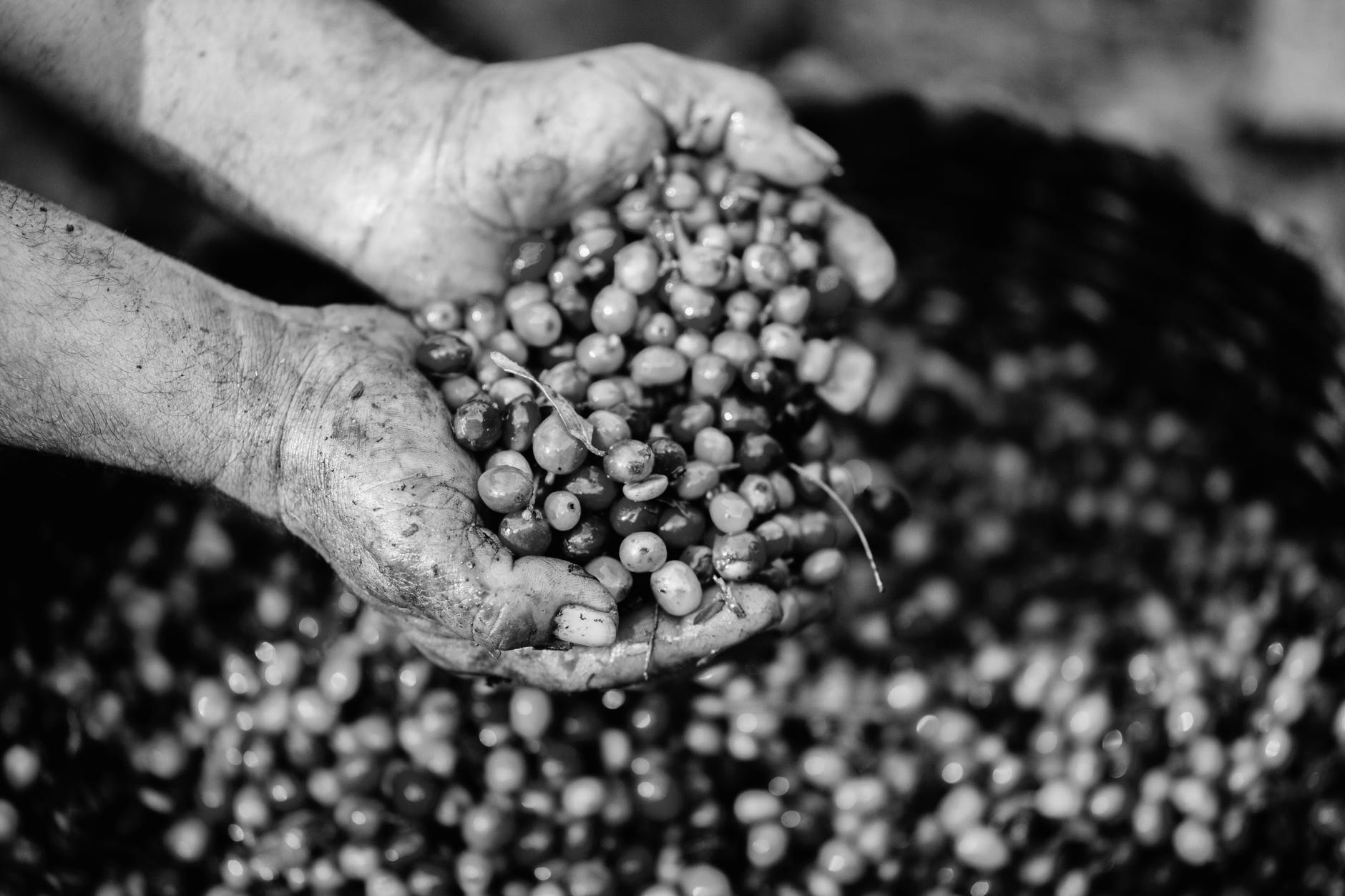
With that being said, here are some quotes from the story (which I highly, highly recommend reading):
“Coffee exports, once the backbone of El Salvador’s economy, have fallen by more than half in the last 10 years, according to the Salvadoran Coffee Council. And as production has plummeted, work has dried up. El Salvador’s coffee industry has lost more than 80,000 jobs over the same period, contributing to the wave of migration north."
Nearly 20% of the population of this tiny Central American country now lives in the US.”
Also:
"‘There used to be tons of people who worked here,’ said Óscar René Turcios, the overseer who estimates he’s been working on the farm for 45 years. He said in the 1970s, the farm produced around 4,000 tons of coffee. This year, it’s producing only around 300 tons, a decline even from the last couple of years, when production was already low.”
Another vaguely repetitive story, but again these sorts of stories are worth highlighting as, hopefully, they inspire more companies (and customers) to think about their effect on the natural world. Nossa Familia, the Portland, Oregon-based roaster retailer, is introducing a 25 cent charge for takeaway cups in order to encourage customers to bring their own reusable mug.
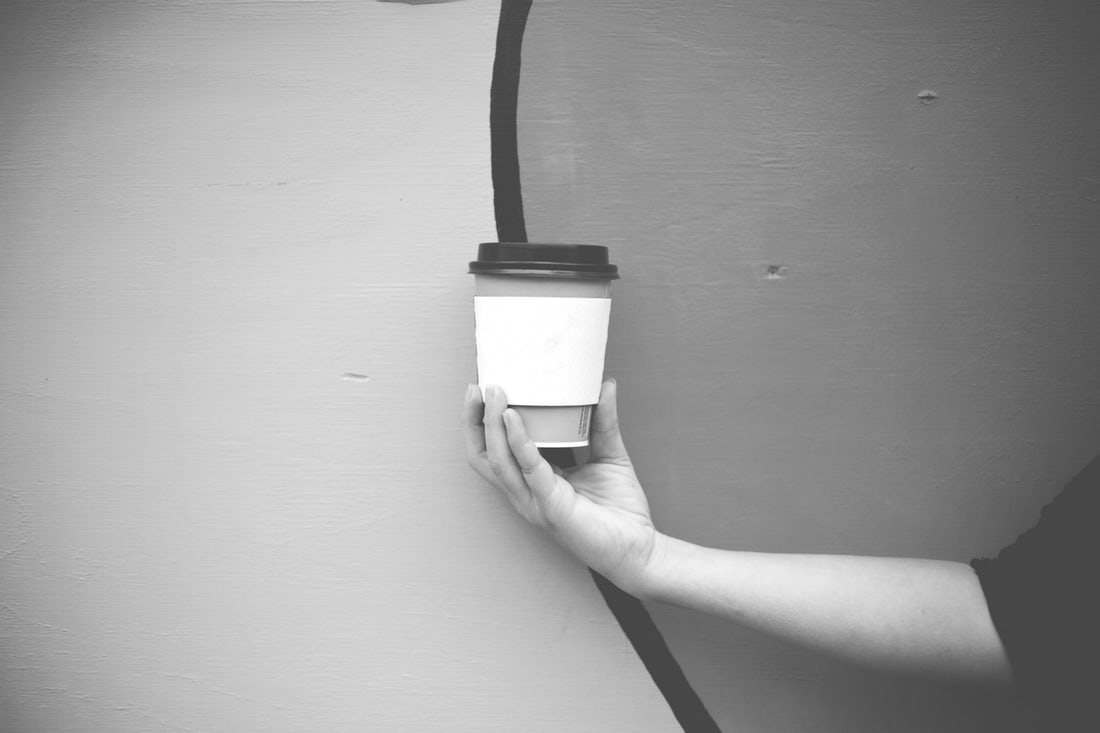
Taking on the disposable cup is becoming more normalized, although with mixed results—Tandem Coffee in Portland, Maine, introduced a 25 cent charge recently but also dropped their prices by 25 cents to offset the cost to customers, while Boston Tea Party banned disposable cups completely and promptly lost significant revenue.
The possibility of losing customers, or at least annoying them, is a definite worry for companies looking at implementing similar schemes. But Nossa Familia say it’s also about encouraging change: “The real goal here is to help people think more consciously about their decisions,” said Nossa Familia founder Augusto Carneiro, “and offer a little nudge to help them make a better one for the planet and our community by using a reusable cup over one that becomes trash.”
“You know what, liquor is kind of a downer. What can we add to it to make people more lively?”
Well probably not if you’re infusing it into vodka.
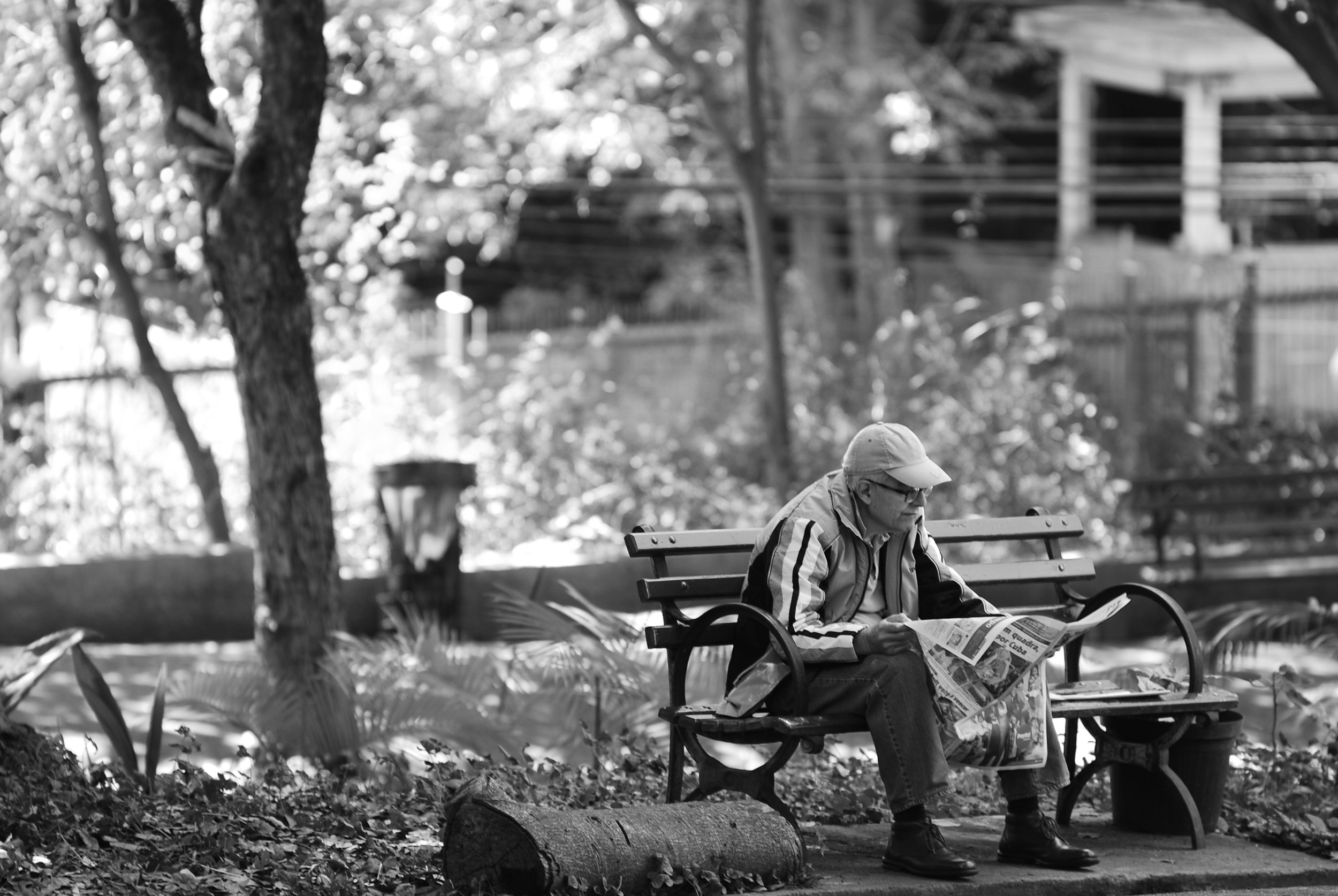
The Accident That Led To The Discovery Of Climate-Change-Proof Coffee by Diego Arguedas Ortiz
Until next week, drink good coffee.
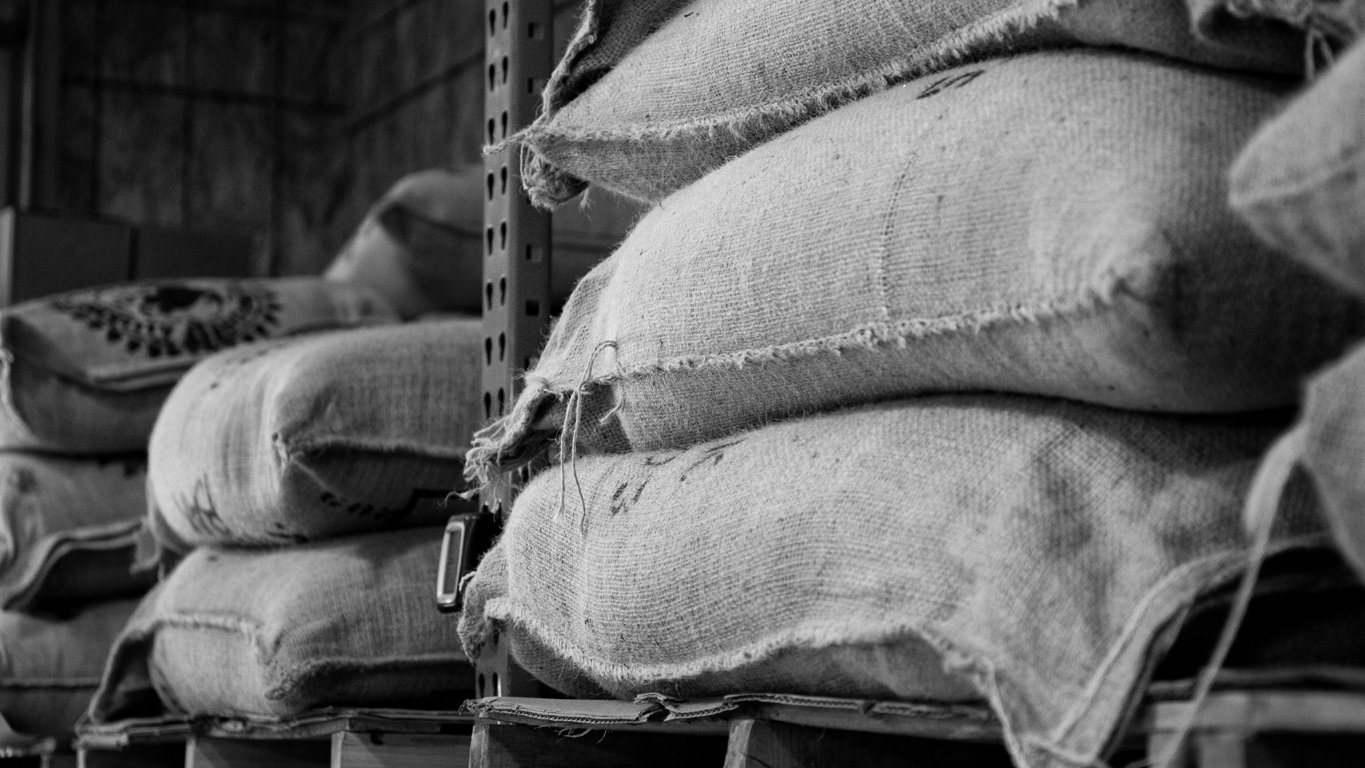
Nov 24, 2023 Connecting the Dots: Inside the 2023 Coffee Barometer Nov 24, 2023 Nov 24, 2023
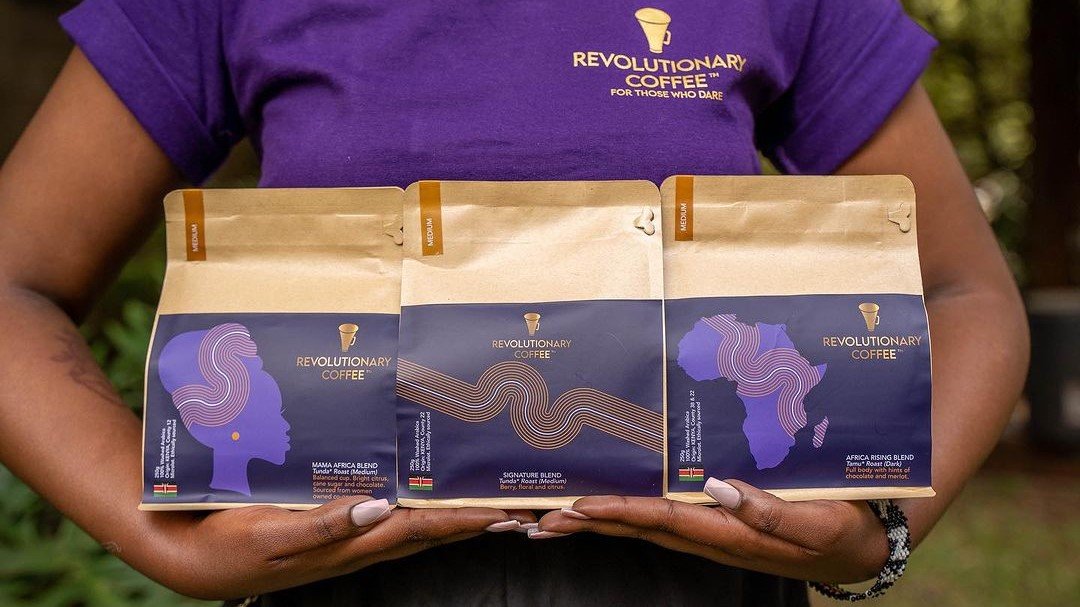
Oct 21, 2023 'Specialty Coffee Should be Enjoyed by Those Who Grow It': The Farmer's Daughter Joining Kenya's Coffee-drinking Revolution Oct 21, 2023 Oct 21, 2023
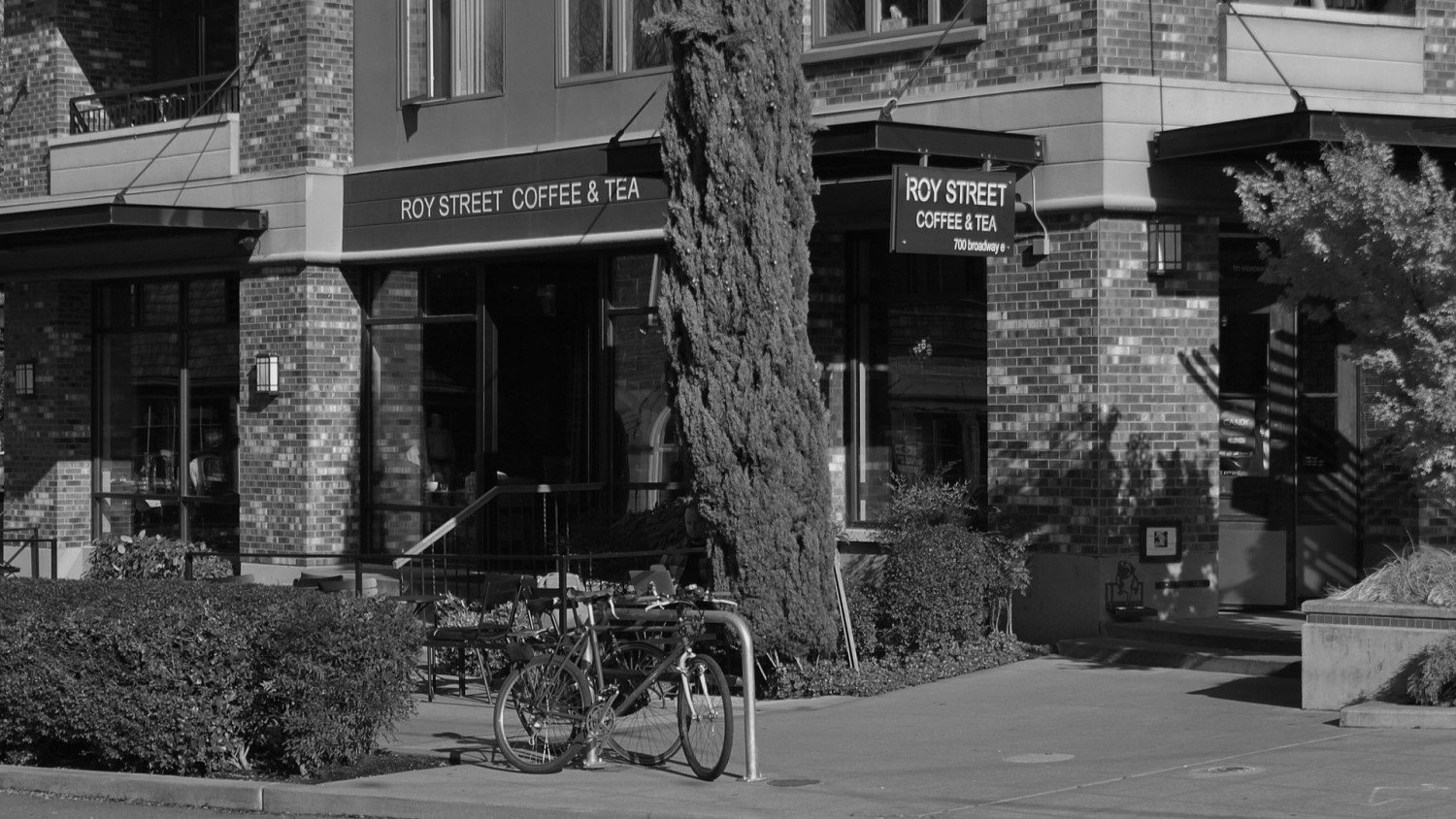
Oct 6, 2023 Stealth Starbucks: A Premonition of Modern Specialty Coffee Oct 6, 2023 Oct 6, 2023
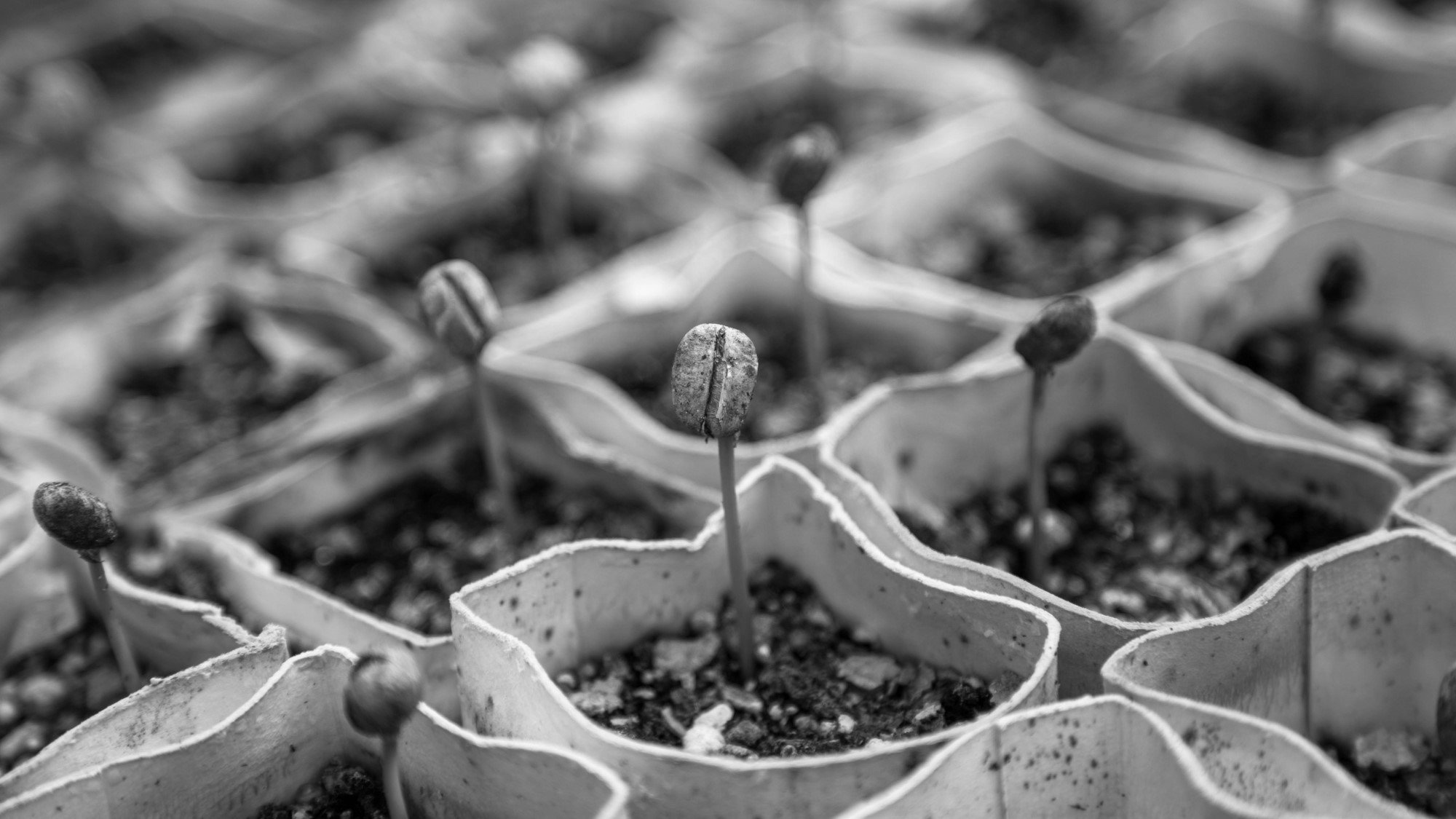
Sep 22, 2023 Can the Coffee Change Fund Save Coffee? Sep 22, 2023 Sep 22, 2023
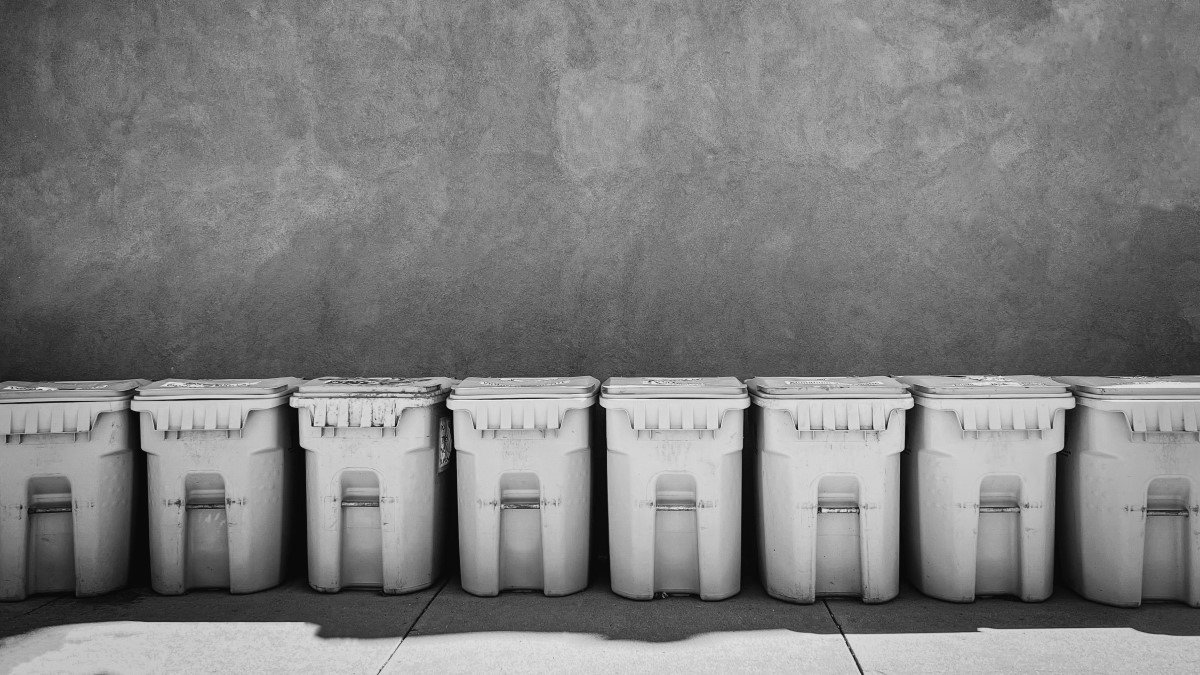
Sep 8, 2023 Upcycled Coffeewashing Sep 8, 2023 Sep 8, 2023
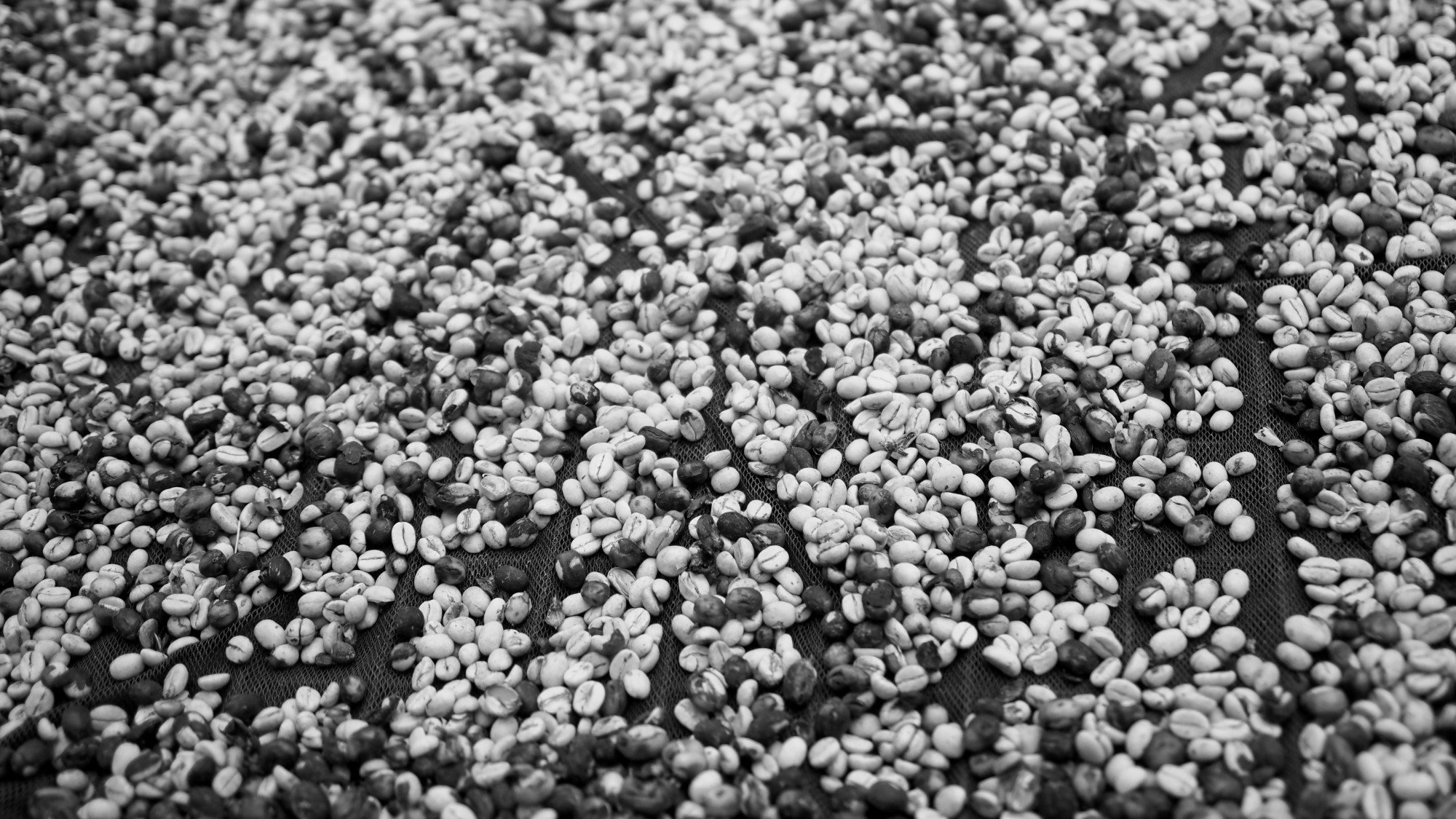
Aug 25, 2023 From A Concerned Farmer Aug 25, 2023 Aug 25, 2023

Aug 11, 2023 Philly is a (Coffee) Union Town Aug 11, 2023 Aug 11, 2023
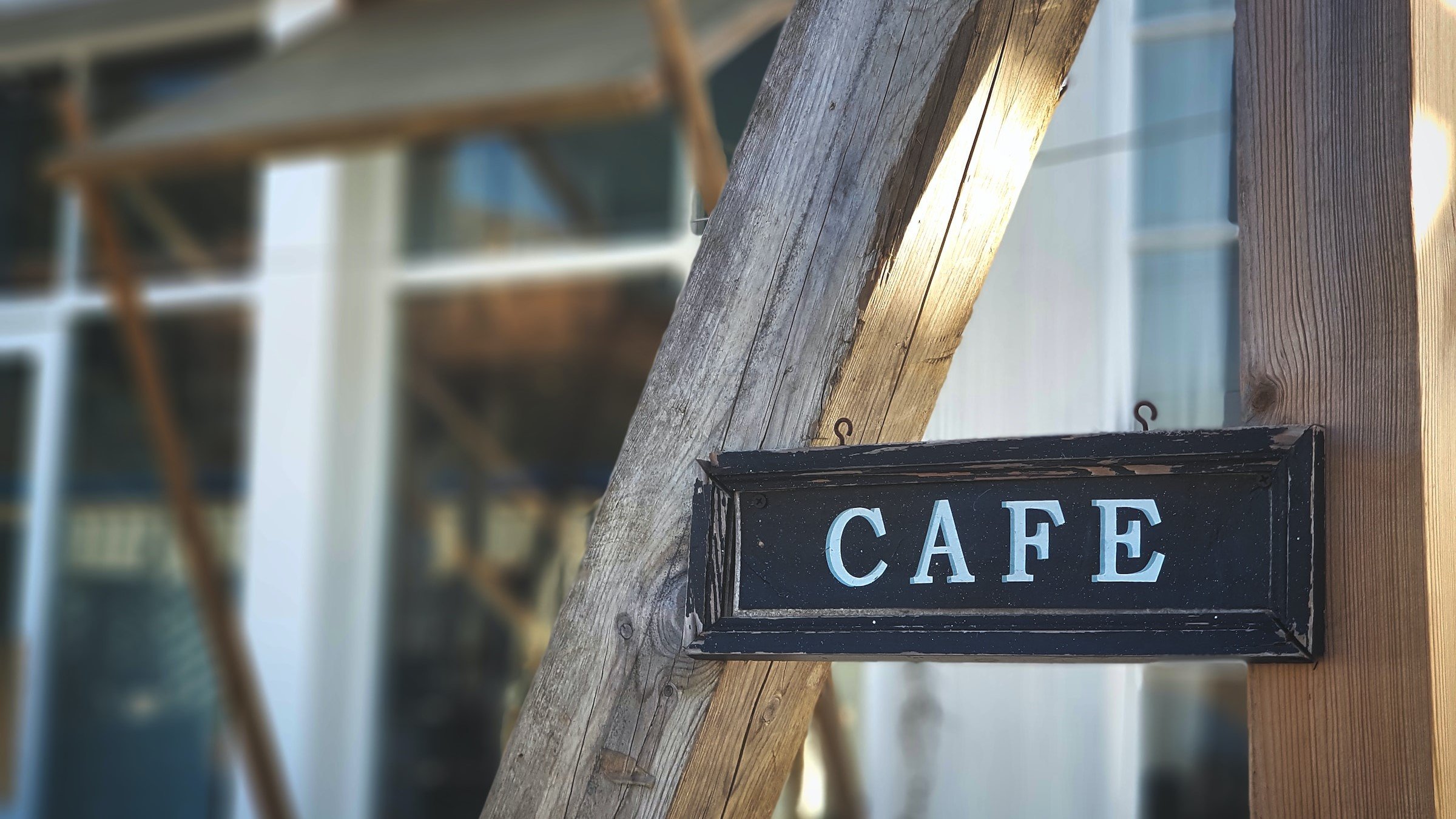
Jul 28, 2023 South Korea's Coffee Wars Jul 28, 2023 Jul 28, 2023
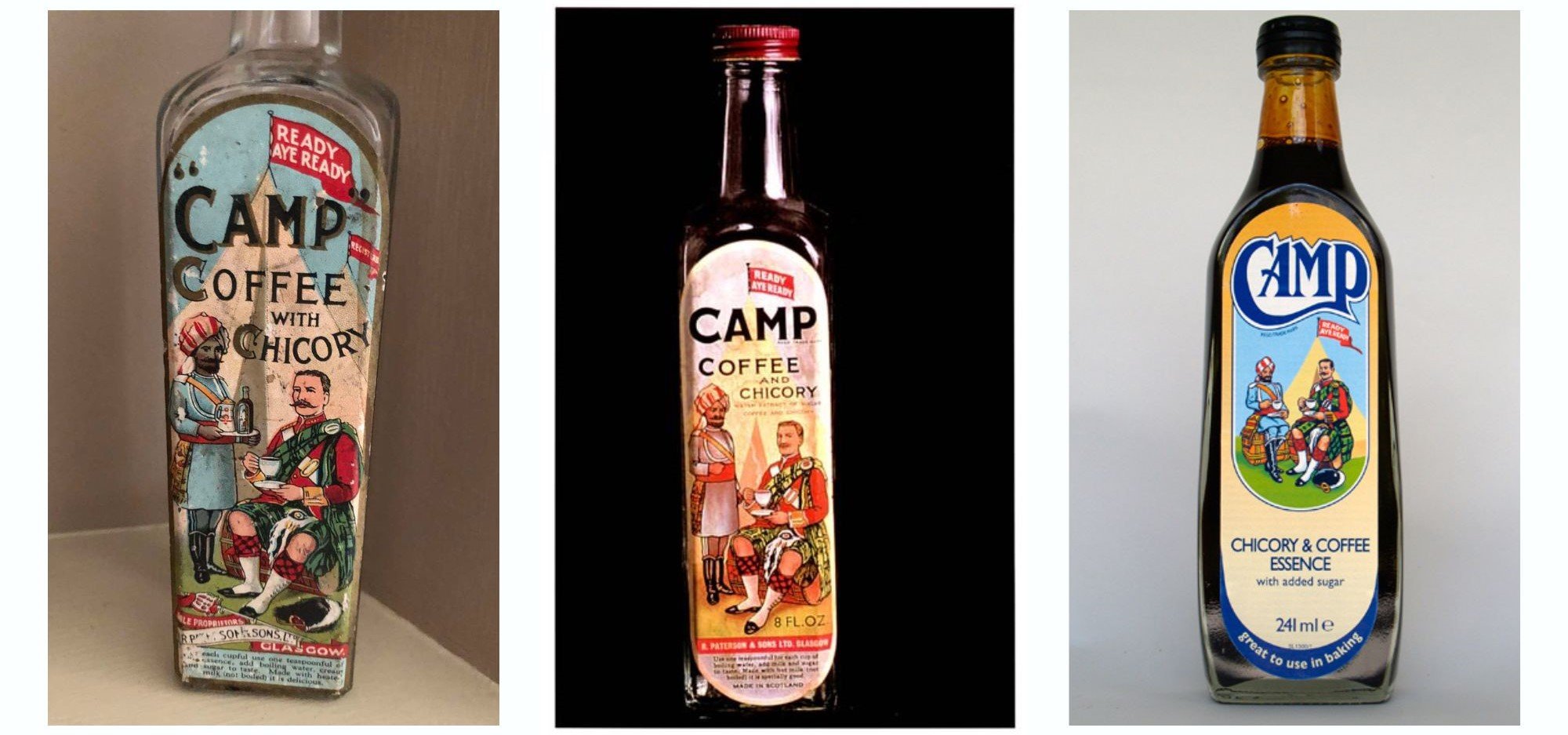
Jul 14, 2023 Camp Coffee, Colonialism, and the Evolution of a Brand Jul 14, 2023 Jul 14, 2023
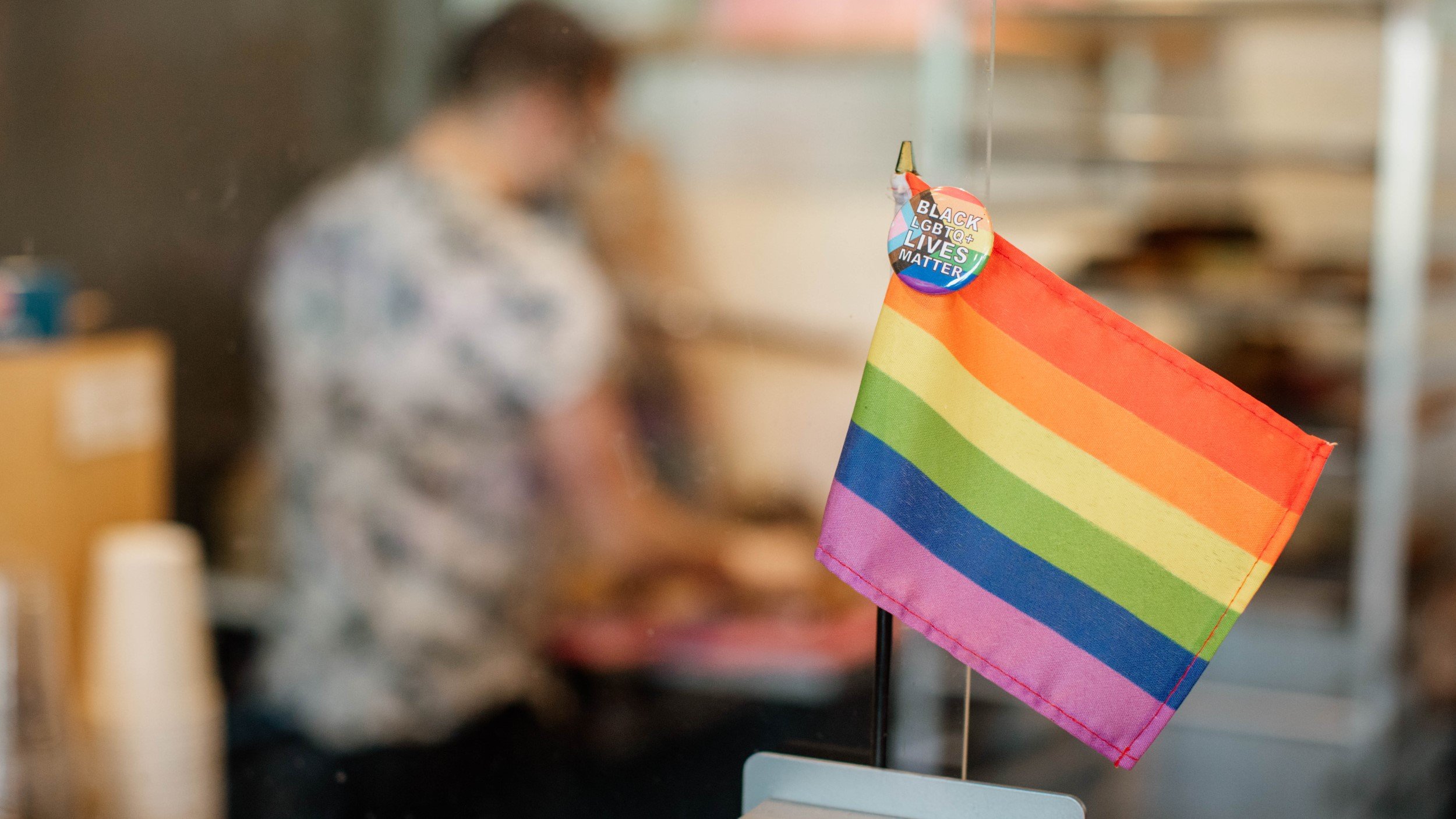
Jun 30, 2023 Defiance and Gay Frog Donuts: How Strange Matter Coffee is Navigating the Anti-LGBTQ+ Backlash Jun 30, 2023 Jun 30, 2023
A newsletter about coffee—its culture, politics, and how it connects to the wider world.